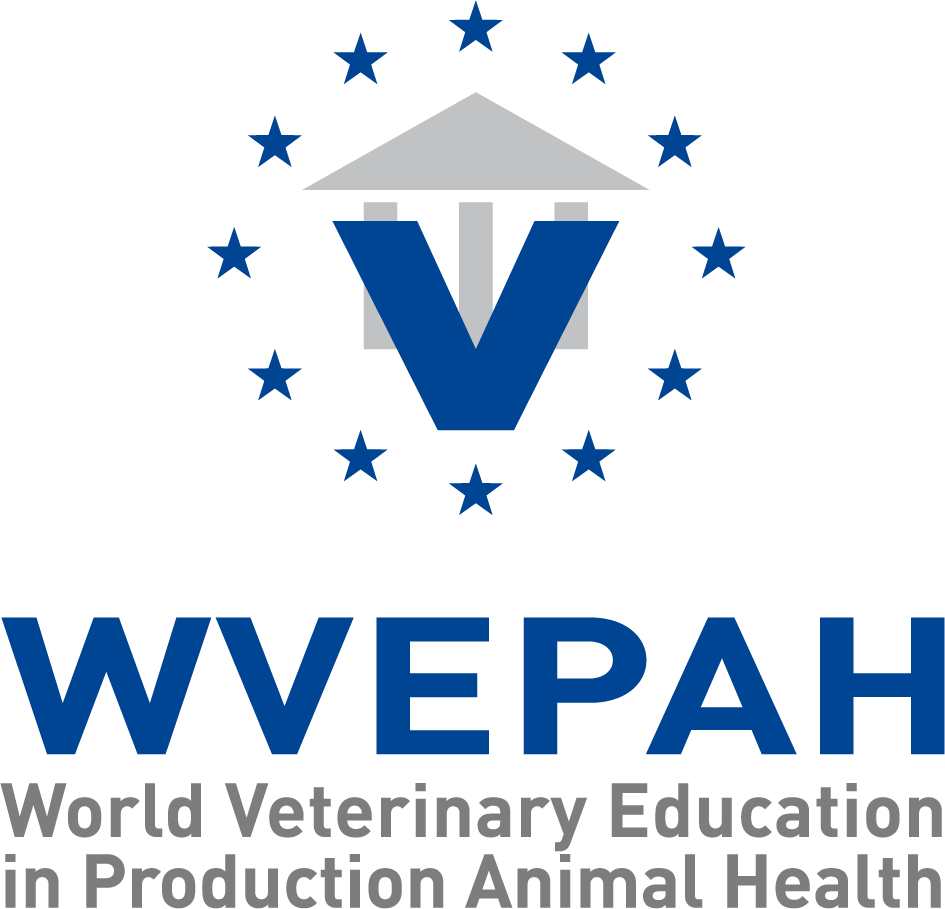This advanced training program provides a comprehensive and practical overview of key aspects of modern aquaculture, with a focus on species commonly reared in Mediterranean countries, such as salmonids, seabass, and seabream. It is designed for professionals in aquaculture and fish health management—such as veterinarians and aquatic animal health specialists—actively working in the field. The course includes an online component and an in-person session, delivering field-relevant knowledge and practical applications.
Module II Specialization : Health Management & biosecurity in main Aquaculture species reared around the Mediterranean
Hybrid program
Early bird registration
〰️
Until March 18th
Early bird registration 〰️ Until March 18th
-
Early Bird Registration Discount : Take advantage of our early bird offer by registering and paying before March 18th, 2026, and enjoy a discounted price of 2400 EUR.
The course fee of 2600 EUR (regular price) includes access to course materials, the exam administered by Université de Montréal, and membership in the private Facebook group. Additionally, it covers dinners and two coffee breaks per day during the residential week. Please note that accommodation, transportation, health insurance, and travel visa expenses are not included in the course fee.
WAVMA certified members will be able to obtain a discount of 100 EUR upon course registration by presenting proof of their membership.
-
English.
Online part
Online content available from January 2026
-
Key topics include:
Fish Physiology – Developmental stages, Larvae digestive physiology, gill and skeletal formation and deformities, metamorphosis.
Farm structure & Environment: Recirculating Aquaculture Systems (RAS) – System design, biosecurity, water treatment, and emergency response.
Nutrition & Feeding – Feed formulation principles, Important nutritional aspects and ratios of fish feed at different biological stages, species-specific needs, sustainability, and broodstock nutrition.
Genetics – Breeding programs and molecular tools in selection. Genetic component of deformities
Biosecurity & Hygiene – Hygiene and biosecurity in hatcheries, Biosecurity plans, Biosecurity in fry transportation and transfer, contingency plan, management of specific diseases with vertical transmission.
Pathology – Main Viral, bacterial, parasitic diseases in marine and freshwater species reared around the mediterranean.
Epidemiology and Antimicrobial Resistances: risk analysis, and surveillance. Antimicrobial Resistance (AMR) monitoring and management
Diagnostics – Pros and cons of diagnostic methods in laboratories. Interest and limits of molecular tools. Importance of Sampling and samples transfer to the laboratory
Vaccination – Autologous Vaccines and Industrial Vaccines : differences / similarities. Field application of autologous and commercial vaccines. How to operate with average/low protection vaccines.
Residential part
18-22 May, 2026. In Nantes, France.
-
Visit to a Seabass and Seabream Hatchery
-
Hatchery Management
-
Trout Farm Visit & Audit
-
Audit Report Preparation
-
Audit Presentations & Expert Discussion
Daily Program
Please note: minor changes may be made to the program.
École nationale vétérinaire de Nantes (Oniris VetAgroBio Campus), France

